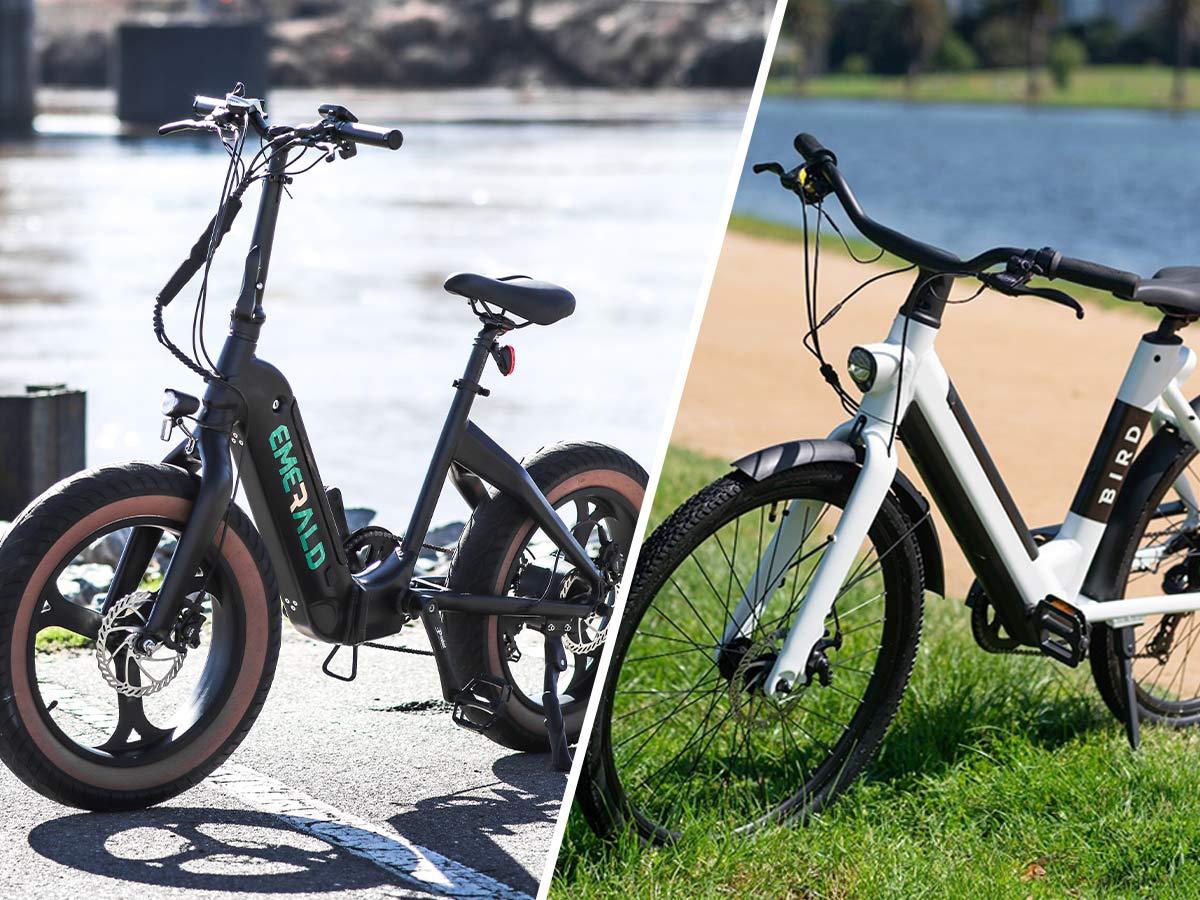Term vs. Whole vs. Universal: Which Life Insurance is Best for You?

Life insurance is important to have if you don’t wish to leave your loved ones with a burden of debt when you die. However, with all of the different types to choose from, how do you know which is the best for you? To help you with your decision here is a look at the most popular types of life insurance and how they differ.
Term Life Insurance
Term life insurance is sometimes referred to as “temporary” since the policy only lasts for a certain period of time. Most policies have durations of 5, 10, 20, or 30 years. The main reason so many people purchase term life insurance is because it’s the cheapest option. The low premiums are very affordable for a student or someone with low income. Plus, term life insurance is renewable until the age of 65. After this point, you may choose to purchase whole or universal life insurance.
The downfall of term life insurance is that there is no savings feature. Other types of life insurance allow you to save up by increasing the cash value of the policy, which is the amount of payout your beneficiaries receive if you pass away. For younger people, this situation is usually not an issue since there are other ways to save money without relying on term life insurance.
Whole Life Insurance
Whole life insurance provides coverage for as long as you live, but you have to pay the same premium for a specified amount of time. The good news is that these premiums do not increase no matter what may happen in your life. Most people choose this option because it’s simple and will cover you in the event of your death. Increasing your policy’s cash value is tax-deferred, meaning you won’t have to pay taxes on the money until you take it out.
The biggest downside of whole life insurance is that the premiums do not drop. If you begin the policy as a smoker or a heavy drinker, the premium will remain equally as expensive from day one, even if your health increases.
Universal Life Insurance
Universal life insurance is permanent life insurance, similar to whole life insurance. Most people choose this type of policy because it offers lifetime coverage and the terms are much more flexible. The premium payments and death benefits are entirely flexible, meaning they can go up or down throughout the years. Universal life insurance also offers a savings feature that allows you to increase your policy’s cash value and borrow from it when you need it.
Adjustable life insurance still has its downfalls. One example could be that your death benefits may drop below adequate coverage, and your premiums may rise if your interest rates decline. This situation makes it risky for the policyholder as you may need to pay more than your original premium to keep your life insurance active. Investors often choose this type of life insurance as it has the potential to increase without requiring much work.






